 |
| Personal Reflections on Harry Potter |
I have now come to the end of my
Harry Potter retrospective: all eight films of the seven
Harry Potter books.
When I began, I freely admitted not being a fan and not being overwhelmed by this saga. Now that I have finished it, I pretty much feel the same. If you want to call me a Philistine because I do not love Harry Potter (either the series or the character), that is your privilege, but I just never understood why the series is given such lavish praise.
I grant you I come from a unique vantage point: I have read only one
Harry Potter book (
The Sorcerer's Stone) and didn't like it. Contrary to what I've been told,
The Sorcerer's Stone didn't create a mad desire to read more (I did that long before Harry thank you very much), and certainly not to read more
Harry Potter.
I'd like to address the idea that the Harry Potter series has gotten kids interested in reading. Well, off the bat I reject that belief. I think Harry Potter has gotten kids interested in reading more Harry Potter. That is an entirely different kettle of fish. Can we say that Harry Potter has increased reading among the adults who are passionate about the boy wizard? Have they gone on to tackle things like Atlas Shrugged or Brave New World?
Far from having this magical effect on children, in truth Americans are reading less. According to the United States government, Americans are
reading less and reading less well. Granted, library attendance has been growing, but it isn't because of
Harry Potter. Rather, it is because in these times of intense recession, libraries offer free entertainment and computer access.
I don't know if there have been any long-term studies of children who have read all seven
Harry Potter books that measure what else they read or if they continue reading post-
Potter. It would be interesting to know and either validate or refute the
Harry Potter gets kids interested in reading line once and for all. At the moment, the evidence is scant. In short, people are not reading for pleasure as much as they did, and all the praise
Potter has received is therefore unrealistic.
I don't think it is wrong or immoral to question whether or not
Harry Potter leads to an increase in reading by both children and/or adults. In fact, it is vital: this line about the positives of
Harry Potter and reading has been peddled so long and often that it has been accepted as truth without solid evidence, only empirical. Yes, I am aware that my proof (minus the findings of the National Endowment for the Arts) are based on my own observations, but firmer statistics would settle this one way or the other. I look forward to that.
(Update: After doing a bit more research, I have found that there HAS been an
increase in reading. That is good news indeed. However,
Harry Potter is not cited as a reason for this increase, and the upswing in reading may still be due to the rise in library use because of the recession. As far as I know there still has not been a thorough study of the connection between
Harry Potter and reading. If anyone knows of one, please let me know).
If you were curious about myself, the last novel I read was Stephen Lawhead's
Byzantium (which I highly recommend). Truth be told, my personal reading tastes tends to the non-fiction, specifically biographies. At the moment, I'm reading
Indira by Katherine Frank. That's right, I read biographies, in this case of Indira Gandhi, for pleasure.
My point is this: if Harry Potter does gets people interested in reading, the logical question from my perspective is "What exactly is Harry Potter getting people interested in reading?" I am tying the popularity of Harry Potter to the popularity of Twilight, saying that one leads to the other: in short, second-rate books and not the 'classics'.
I just have never accepted the idea that Harry Potter gets kids to be lifelong readers. Once they finish the series, do they go on to other books or just see reading as a burden, something to do rather than something to enjoy? As I've stated, I'd love to see the studies that support this contention: that Harry Potter brings youngsters to love reading in perpetuity. I've never accepted that premise, but if I can be proven wrong on that, let's see the proof.
Well, let's move on to this formal retrospective to the film series.
The
Harry Potter series elicites a passion among the Pot-Heads (I read that at least one person at a screening dressed up as of all things, J.K. Rowling! Some call that devotion. I call it genuinely nutty). There are good things within it: wizards are always cool, and
I have written before on how I do not find anything Satanic within the series. The fantasy elements are to be commended.
Still, I was never truly enchanted by these adventures as a whole. I always found them rather long in terms of films (I suppose this is because the source material was rather sprawling itself, hence my nickname for the authoress: J. K. Sprawling). I could never understand what the big deal about Harry was.
Part of it may be because of a nasty trend I found in the stories: Harry never appeared to solve any situation himself through his own cleverness. Almost always had the situation solved for him, usually by a Deus Ex Machina. Something would always turn up at the most opportune time to help him get out of whatever danger he found himself in. More on that later.
Well, let's get on to the Rankings of all the Harry Potter films as I saw them. From Best to Worst:
- The Half-Blood Prince
- The Order of the Phoenix
- The Goblet of Fire
- The Prisoner of Azkaban
- The Sorcerer's Stone
- Deathly Hallows Part II
- Deathly Hallows Part I
- The Chamber of Secrets
I found
Half-Blood Prince the most exciting: the darkness that has overwhelmed the story up to now bursts out in full force. It to my mind has an
Empire Strikes Back feel to it (especially in the revelation of who the Half-Blood Prince was, one of the few times I was genuinely taken by surprise in a film).
Order of the Phoenix also had an exciting battle and one of the most best villains of the whole series (sorry, Lord Voldemort) and one of the better heroes of the whole series (sorry, Harry).
Goblet of Fire was the first to take a truly dark turn which did make me question its fitness as a 'children's' story. I might have ranked
Prisoner of Azkaban higher if it weren't for the time-travel business (which I thoroughly hated).
I didn't think
Sorcerer's Stone was good, but I have to cut it some slack because the whole
raison d'etre was to introduce the characters. I still haven't been convinced that
Deathly Hallows could not have been combined into one film albeit one that would run three hours-plus, with the
first part really dull and the
second one barely better. Finally,
Chamber of Secrets was to me just a remake of
Sorcerer's Stone (pretty much the same story as the first film).
Now, let's go to some odds and ends.
BEST VILLAIN:
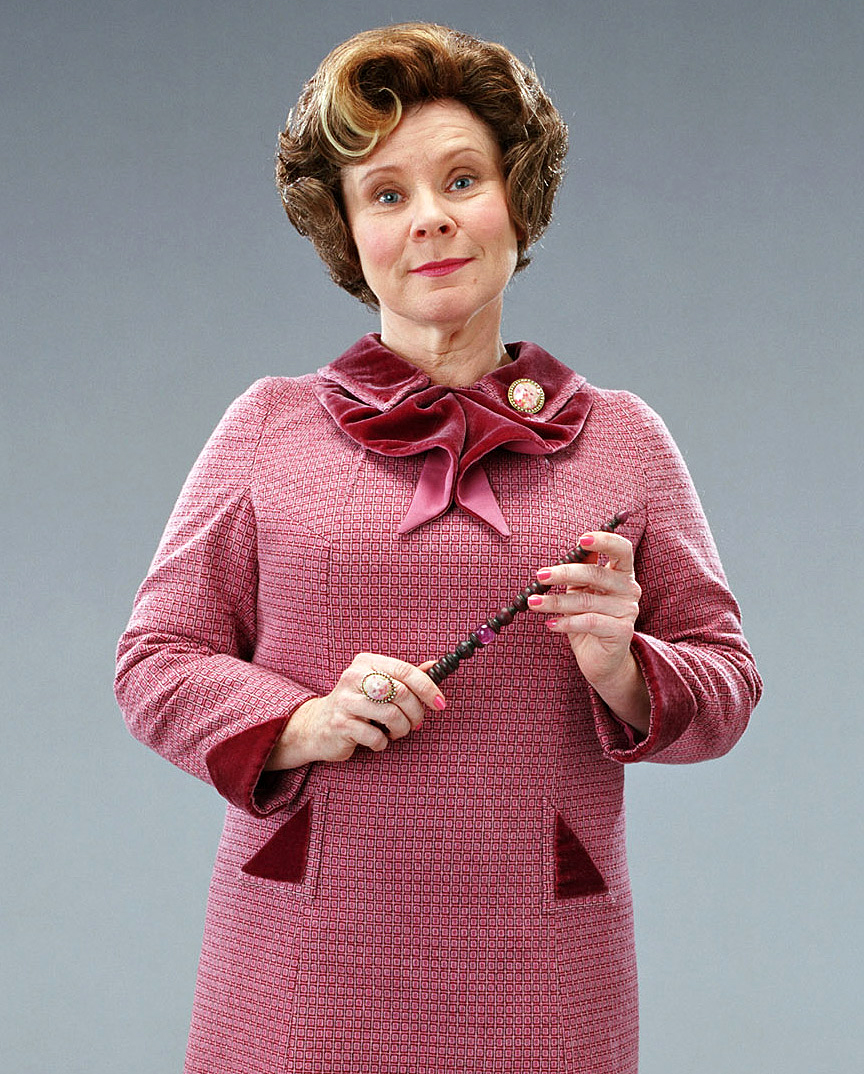 |
Imelda Staunton as Dolores Umbridge
(Harry Potter & The Order of the Phoenix) |
There's just something delightfully evil about Miss Umbridge in her faux-sugary sweetness. Granted, you'd have to be an idiot to think someone that cheery on the surface wouldn't be anything but pure unadulterated evil. I always found Lord Voldemort as portrayed by Ralph Fiennes a bit hammy. Helena Bonham Carter is also brilliant as Bellatrix Lestrange, but for my money, I have always admired how Imelda Staunton balances the peppy demeanor with the true sadism of Umbridge.
Her absence from
The Last Battle (to borrow from C.S. Lewis, whom I heard is to the surprise of Pot-Heads actually
a better writer than Rowling) was a loss: seeing her go up against Maggie Smith would have pushed
Deathly Hallows Part II higher in my estimation.
BEST PERFORMANCE: ADULT
 |
| Alan Rickman as Severus Snape |
I would gladly support an Oscar campaign for Rickman as Best Supporting Actor. Throughout the entire Harry Potter series, he kept a brilliant balance between being menacing and being almost beneficial but always being a bit creepy and hard to read. You could never put him completely in the villain column unlike Voldemort and his Mystique (Bellatrix), but you could never put him in the heroes section (like you could Sirius Black or Professor McGonagall).
He was always severe (if anything, Rowling isn't the most original in naming her characters). Rickman knew the character was always a complicated one, operating at a different level than any of the other characters. Snape is almost yes, Shakespearean in his journey from a source of fear to a source of not so-much-fear. Throughout the series (or at least where he was featured) he was simply brilliant.
BEST PERFORMANCE: MINOR (anyone not of legal age when series began)
 |
| Matthew Lewis as Neville Longbottom |
Now, out of the three leads (Daniel Ratcliffe, Emma Watson, and Rupert Grint), I'd say Grint was the best; his Ron Weasley shifted from an inept, almost frightened child into a more courageous individual. I also compliment him on his performance in Goblet of Fire, when Ron's jealous streak took over what had been up to that time a sold friendship with Ron as the junior partner.
However, it is Lewis' Longbottom that had the greatest evolution of a character. Anyone without knowledge of the Harry Potter series would never imagine that the clutz who is the butt of jokes and bullying in The Sorcerer's Stone would by Deathly Hallows play an amazingly heroic role (it was he, not Harry, that destroyed Lord Voldemort's snake which I think was the final horcrux).
It's unfortunate that the length of the stories (versus what they could put into the films) did not allow for an expanded view of Longbottom (is it me, or does that last part just sound strange), but in Order of the Phoenix Neville truly came into his own. I didn't know he too was an orphan with his own rage (which might explain his general insecurity and clumsiness). It would be interesting if Rowling decided to write more stories for her to tackle stories of secondary characters, maybe even all these stories from the perspectives of other characters.
Of all of Harry's classmates, I think Neville was the one who managed to grow the most while still keeping true to his nature. Lewis' performance throughout the series showed us that transformation: a character who was clumsy and generally inept turned into someone brave whom you could rally around.
Come to think of it, I think almost all the child/teen actors (at least the ones who had more important roles to play..sorry, Oliver Wood) were excellent. There is Evanna Lynch's Luna Lovegood (she, along w/Neville are my favorite characters and the ones I identify with the most) and Tom Felton's conflicted Draco Malfoy. This a credit not just to their various directors: Chris Columbus, Alfonso Cuaron, Mike Newell, and David Yates, but to the actors, who grew in their abilities to embody these beloved characters (beloved by many, not by me).
As I write this, I am beginning to gain greater respect for the acting that I saw in the Harry Potter series. Truth be told I don't think there are bad performances in the films, and contrary to whatever impression I may be leaving I don't HATE Harry, However, there are some things that bring my enthusiam down: some bad stories and most irritating of all:
WORST DEUS EX MACHINA:
Harry Comes Back From the DEAD! (Deathly Hallows Part II)
That isn't to say there wasn't stiff competition for this low prize. Throughout the Harry Potter series, one thing I've constantly railed against is the Deus Ex Machina: that device that will save Harry and appear at exactly the right moment to solve whatever problem he has. Starting from Chamber of Secrets onward (maybe even Sorcerer's Stone, given he found the actual Sorcerer's Stone in his pocket and had a little help surviving his first Quidditch match), Harry has always managed to get out of scrapes just by waiting long enough for someone to bail him out. Lets' go over a few:
Chamber of Secrets: the flying car that arrives just before Harry and Ron are devoured by the dragon and the trio of the Sword of Gryffindor, delivered by the Phoenix, and whose tears can save.
Prisoner of Azkaban: Hermione's time-travelling watch (need to fix something? Just go back in time and you can literally help yourself) and the Marauder's Map.
Goblet of Fire: the spirits of Mr. & Mrs. Potter and recently deceased Cedric Diggory to help fight Voldey.
Order of the Phoenix: the Room of Requirement (anything you need, it will pop up for you, like a God in a Machine).
Half-Blood Prince: actually, I can't quite think of one here, so that's a plus (perhaps this is why I named it my Best Harry Potter film).
For the longest time, I thought the Time-Turner from Prisoner of Azkaban would be the worst D.E.M in the series (I wondered to myself if Hermione ever sang, "If I could turn back time"...maybe Rowling did while writing it, I don't know). However, when I learned in Deathly Hallows Part II that Harry would be brought back from the dead (that he would have to die, but only for a little while), I thought that took the cake.
Seriously? Just kill your protagonist so you can bring him back to life?
I don't know whether Rowling's writing influenced Doctor Who's Steven Moffat, but both bring back characters thought dead magically back to life.
Somehow, the big thing for me is just how I never accepted how things came so remarkably easy for Harry in his struggle against Lord Baldy. Harry Potter's motto may be from The Goblet of Fire:
Even when you go wrong, it turns out all right.
Doesn't it always go Harry's way? Isn't all of Hogwart's Staff basically working to aid him defeat He-Who-Must-Not-Be-Named? It looks that way because as I've written before, Harry never suffers the consequences of his actions in terms of disciplinary action. Oftentimes, the problems aren't solved by Harry but by some outside source, which to me is an incessant irritant. Still, I digress.
Suffice it to say that to literally bring back someone from the dead is the ultimate in Deus Ex Machina: something that will (with little to no logic) allow our hero to resolve his dilemma without taking any action himself. However, the Deus Ex Machina (as much as I disliked it), to my mind wasn't the worst part of Harry Potter. Want to know what I think is the worst part?
WORST PART OF HARRY POTTER:
.jpg) |
| THE DURSLEYS |
Nothing will ever shift my view that the Dursleys were not only so unnecessary to Harry Potter, but in many respects, was downright vile and incredibly stupid.
Let's look at the evidence: they keep an eleven-year-old in a cupboard under the stairs, put bars in his window when they grant him a room, and allow an aunt to insinuate Harry's mother is a "bitch". I figure Rowling was trying to make a statement about how Harry's guardians (or perhaps most Muggles) were different than those in the Wizarding World, but every time the Dursleys were on the screen (usually in the opening scenes), I was appalled at how cruel they were. I'll put it this way: Number 4, Privet Drive made the orphanage from Oliver Twist look like Walt Disney World.
It wasn't just that the Dursleys themselves were cartoonish in their buffonery, their cruelty, their spite, their animosity towards Harry and anything magic-related (mind you, Harry was their nephew). The performances always matched it. In Order of the Phoenix, when Harry learns he is to be expelled from Hogwarts for using magic outside the Wizard World, Uncle Vernon (Richard Griffiths) says, "JUSTICE!" in such an exaggerated way that I had fits of laughter at his reading.
Even if he'd hated Harry as much as Voldemort did and really, it was a neck-and-neck race to see who wanted Harry dead more: The Dark Lord or the Dursleys the performance was so wild I just rolled my eyes at it.
I never understood her fixation with making the Dursleys such horrid people. If they weren't so over-the-top in their cruelty (and not appeared to be leftovers from a previous draft), I think I would have liked the books more. In fact, one of the things that left me cold about Sorcerer's Stone the book was the Dursleys. In the films they are in (the first three, Order of the Phoenix, and Deathly Hallows Part I) they don't add anything to the plot of the films and are just there to be cruel and foolish. Strange how the first three Harry Potter films are at the bottom of my list (and feature the Dursleys prominently). Curious also that the best Harry Potter film doesn't, and of the Top Three, the Dursleys are in only one (mercifully very briefly).
In short, I've always felt they were unnecessary in the films, except for the first one, but that one was always going to be an introduction to the characters, so they would have to be tolerated. I would offer this: if you cut the Dursley openings in the films, would the film suffer or lose a major plot point?
Well, at long last, I have finished with Harry Potter. I think that I will try to read the entire series, which means starting at Sorcerer's Stone. I can offer this perspective: I don't own any Harry Potter film, I wouldn't dress up like any of the characters (though I would allow myself a Gryffindor scarf). The world of Harry Potter simply does not appeal to me.
I am not convinced Harry Potter will ever equal The Chronicles of Narnia in terms of brilliance and epic scope. I reflect to my own childhood, to the books I read in elementary and middle school: The Cay, Across Five Aprils, Johnny Tremain, Bridge to Terabithia or A Day No Pigs Would Die. These books taught me the magic of literature, long before The Boy Who Lived emerged from the pen of a single mother in an Edinburgh coffee shop.
I firmly believe these books, not The Sorcerer's Stone or any of the subsequent Potter books, will be the ones being read long after their authors are memories, and that these titles will serve both as examples of books geared for kids that stand the test of time and for just good writing.
There will be some nostalgia for the Harry Potter book and film series (there will probably be all-day screenings of all eight films and anniversary commemorations), but as to whether they will be held in as high regard within a half-century from now, only Sybill Trelawney knows for sure.
Thus, I officially close my Harry Potter retrospective. This Muggle offers you, my readers, sincere thanks for joining me on this long journey.
 |
| This IS The End. |






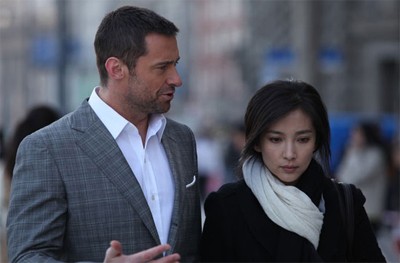




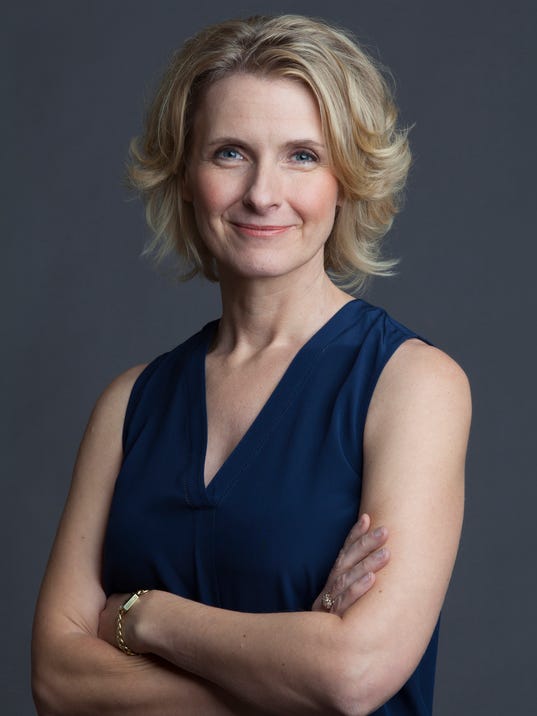




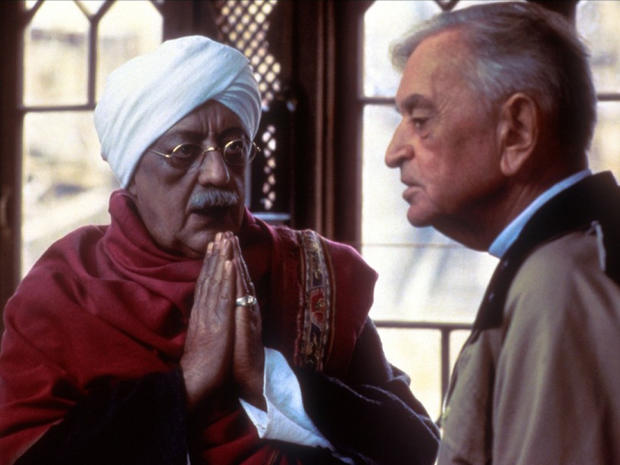


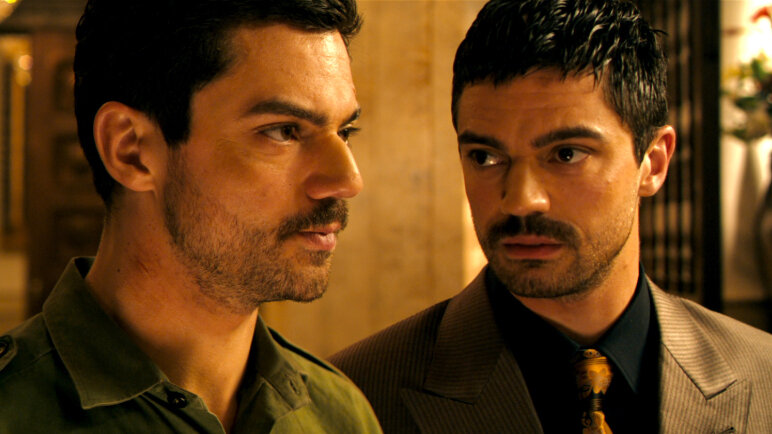
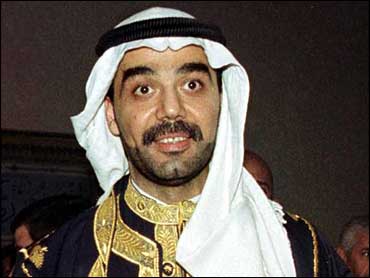
.jpg)
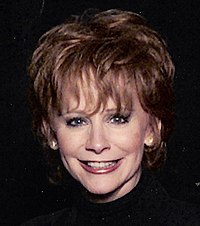
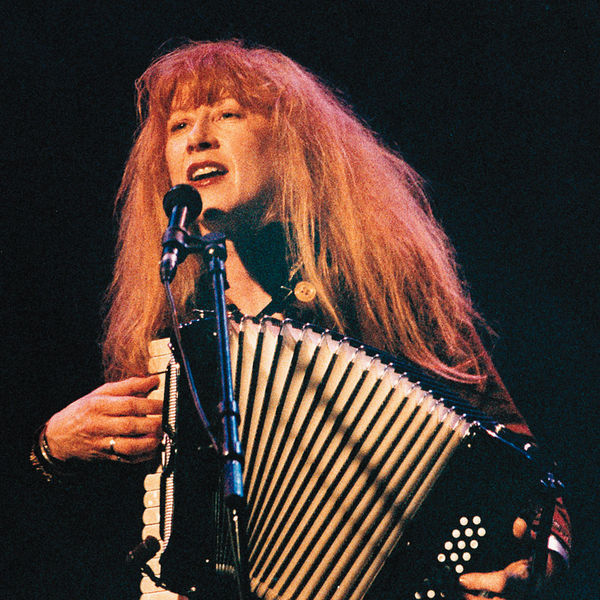
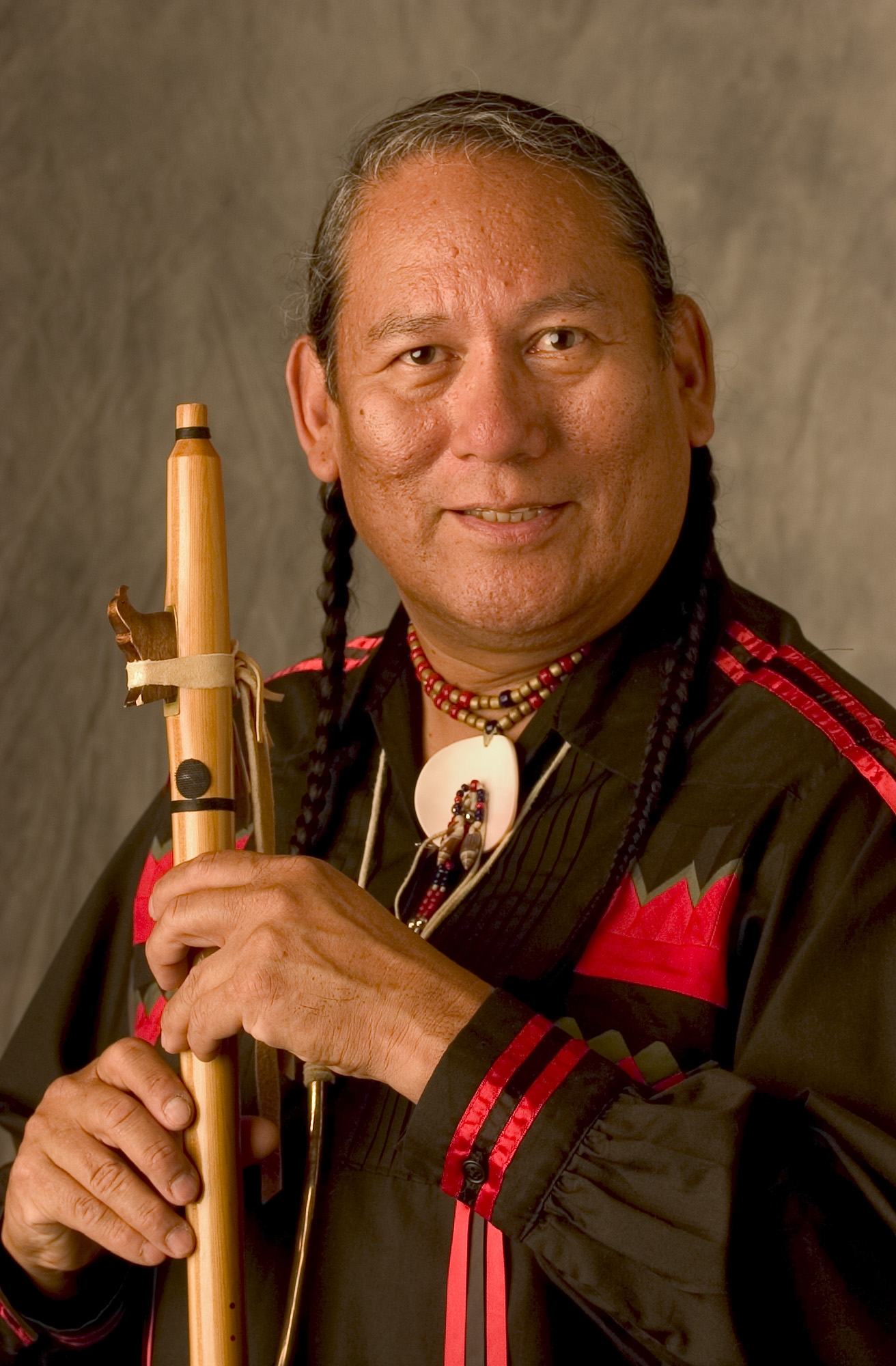


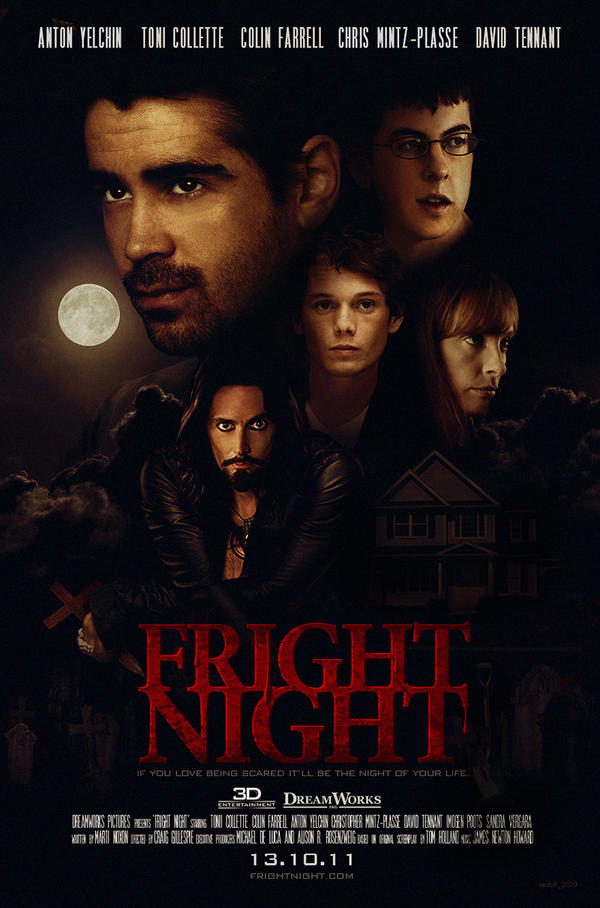
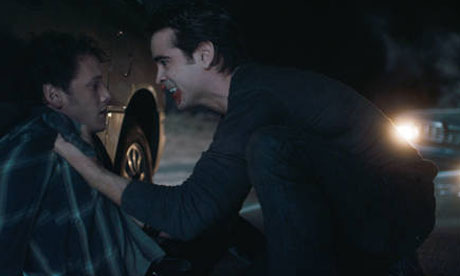




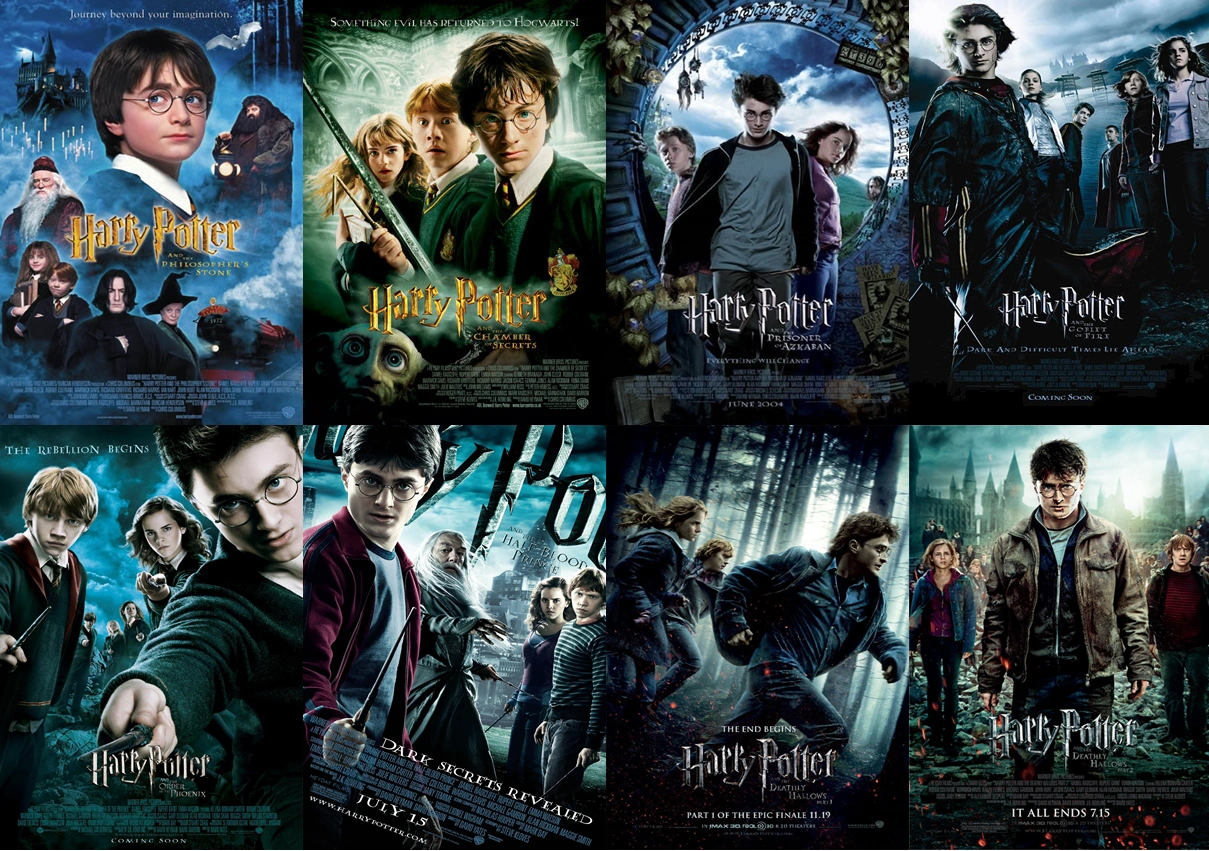



.jpg)
